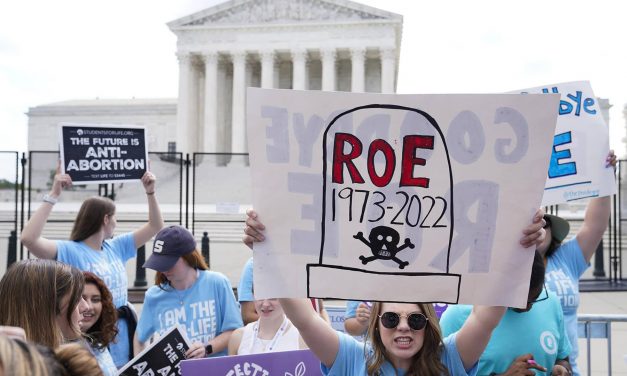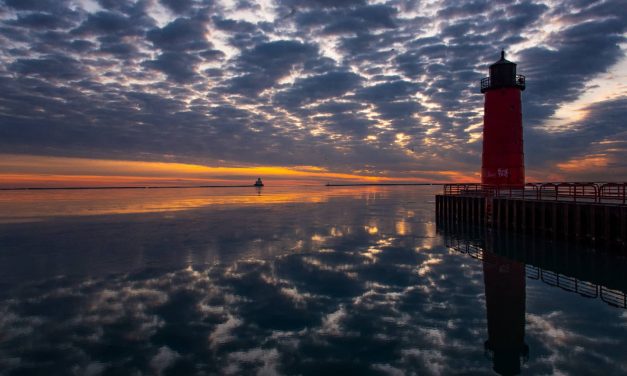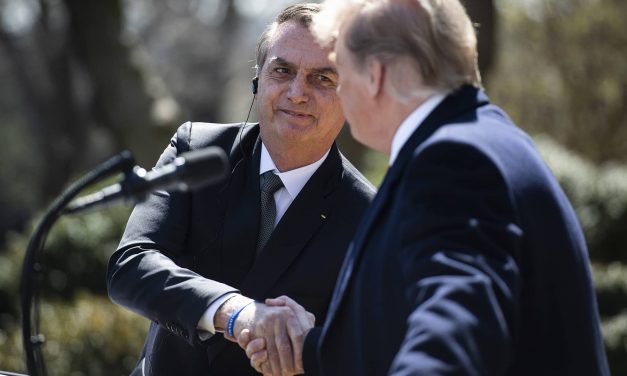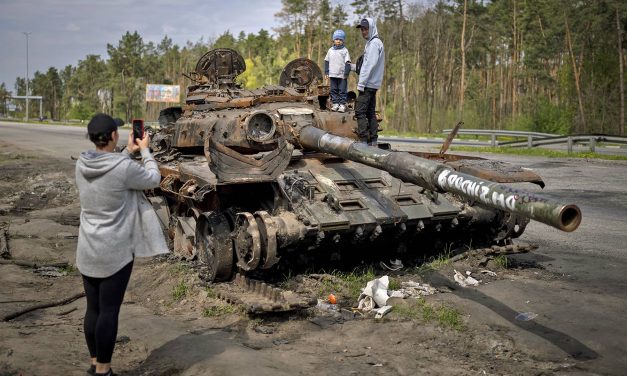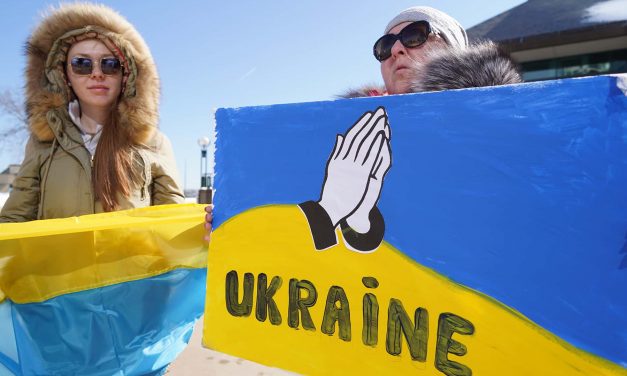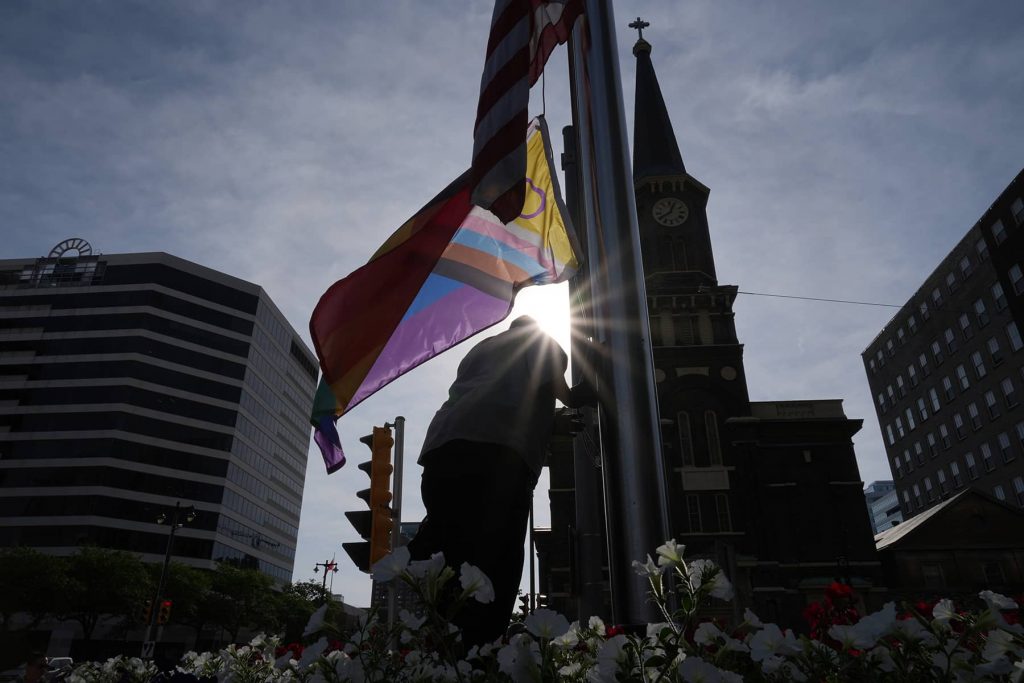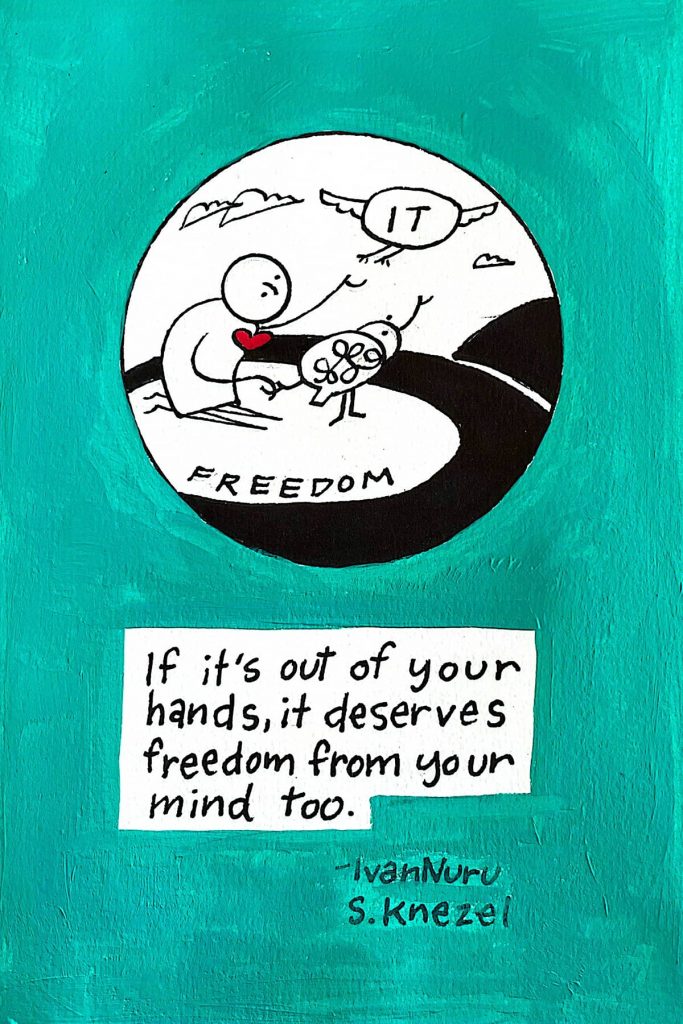A Radical Ruling: The impact of Dobbs goes beyond the issue of abortion and the decision to overturn Roe
By Linda C. McClain, Professor of Law, Boston University; Nicole Huberfeld, Edward R. Utley Professor of Health Law and Professor of Law, Boston University; and Morgan Marietta, Associate Professor of Political Science, UMass Lowell After half a century, Americans’ constitutional right to get an abortion has been overturned by the Supreme Court. The ruling in Dobbs v. Jackson Women’s Health Organization, handed down on June 24, 2022, has far-reaching consequences. The Supreme Court decided by a 6-3 majority to uphold Mississippi’s ban on abortion after 15 weeks of pregnancy. In doing so, the justices overturned two key decisions protecting access...
Read More
